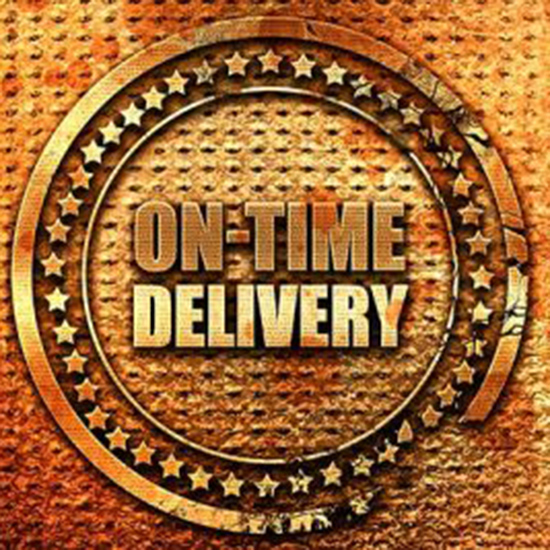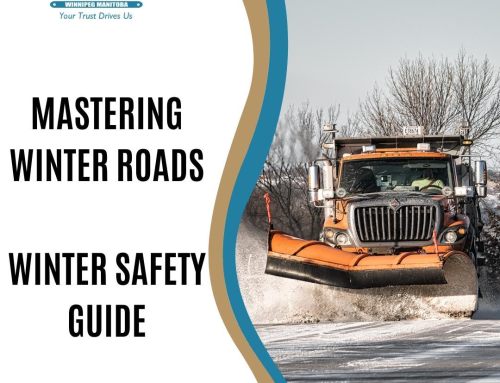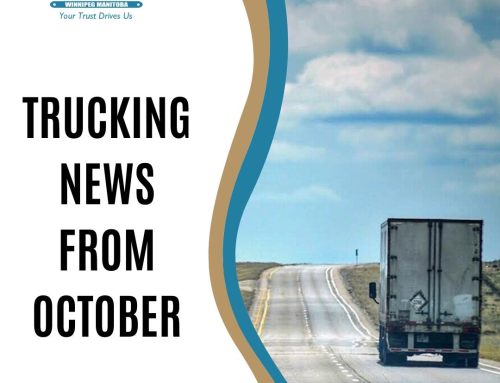 Trip Planning is Trucking
Trip Planning is Trucking
Being late for an appointment sucks! It’s even worse when it’s preventable.
Proper trip planning is an essential part of being a professional truck driver. When you’re dispatched on a load you need to know realistically how long you need to get to your destination. You need to plan the appropriate time to leave, where you’ll most likely stop along the way, your delivery time, and how your trip is going to look.
If your trip is 1200 miles and you calculate an average of 60 m/h, – that quick math tells us it’s a two-day drive. It doesn’t tell us when to leave to make the delivery on time.
Our goal is to make deliveries SAFELY, in compliance with all regulations, and on time.
Fictional Trip from Winnipeg
Shipper:
Len Dubois Yard
40 Bryan Bay
Winnipeg, MB
Consignee:
John Doe Warehouse
860 I-35 Frontage RD
Gainesville, TX
Delivery Appointment – 6:00 am Monday
Miles – 1196
In this example let’s say the load arrived in our yard on Friday around lunchtime. The driver taking the load to Texas figures that it will take him two days and decides to leave 9 am Saturday.
With the vehicle inspection, city traffic, the border crossing, a stop in Fargo for fuel and a 30-minute break, and a stop for dinner – he gets to Columbus, NE at 10:00 pm.
He takes his 10-hour rest and starts Sunday at 8:00 am. The day goes much like the day before, VI, fuel, 30-minute break, meals, cornfields and cows through the window – he shuts down at 9:00 pm Sunday night in Ardmore, OK.
Not bad. He’s only about 45 minutes from Gainesville, TX. The problem is the 6:00 am appointment. With 10 hours off he can start his day at 7:00 am. This results in a preventable late delivery. A late delivery is a service failure and can also cost him and the company a reload.
In this example, the failure at the end of the trip is a direct result of the very beginning of the trip. He needed an earlier start. An hour to hour and a half late start in Winnipeg two days earlier affected the last mile 2000 miles away.
Understanding Your Trip
If a shipper/receiver takes longer than expected to load/unload, or there are weather or traffic delays, that it will interfere with your other appointment times you need to contact dispatch right away. Delays and missed appointments have a snowball effect. Dispatch is looking for, and often books, a load before you deliver. Just in time delivery means timing is important. The sooner a problem is identified the better it is for everyone.
Understanding how you’re entire trip is going to look and allowing enough time is crucial to delivering on time. Construction, weather, and populated regions will affect how your trip will play out. Where you can fuel, and parking will have big impacts on the last mile. It’s more than just looking at the mileage.




